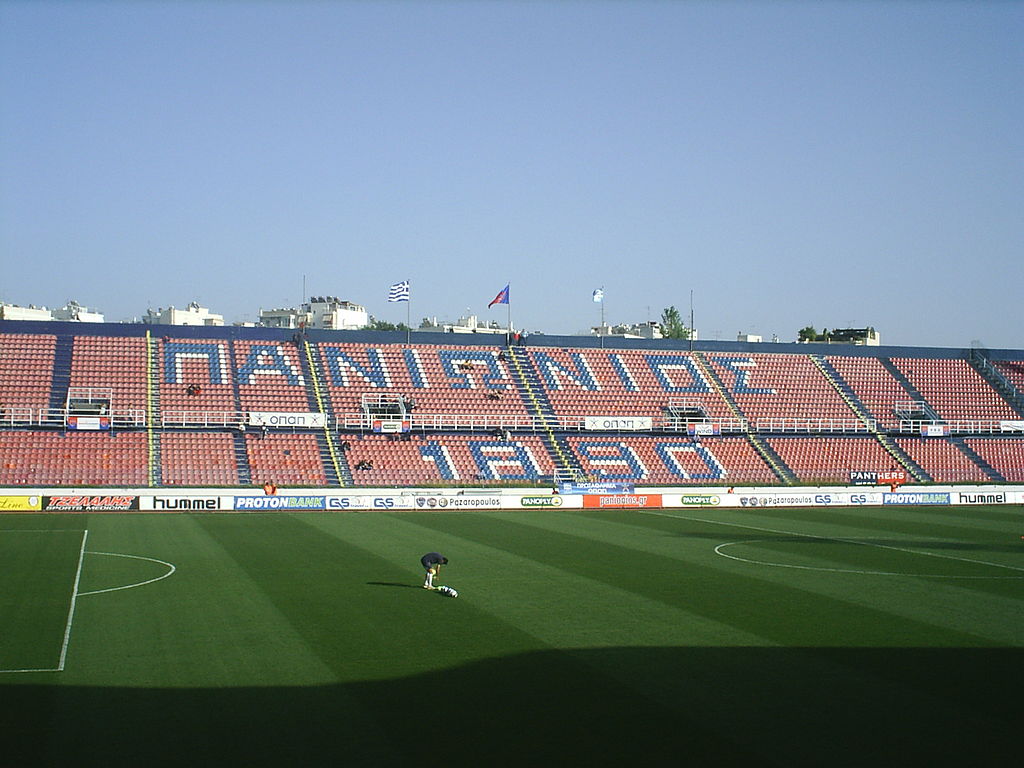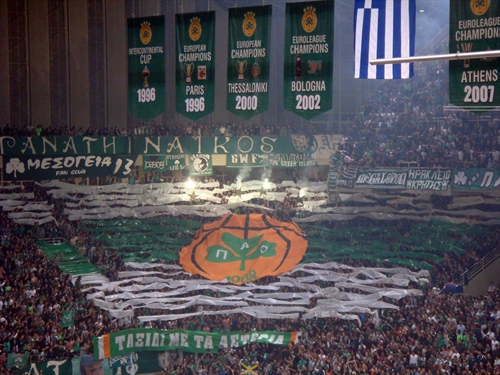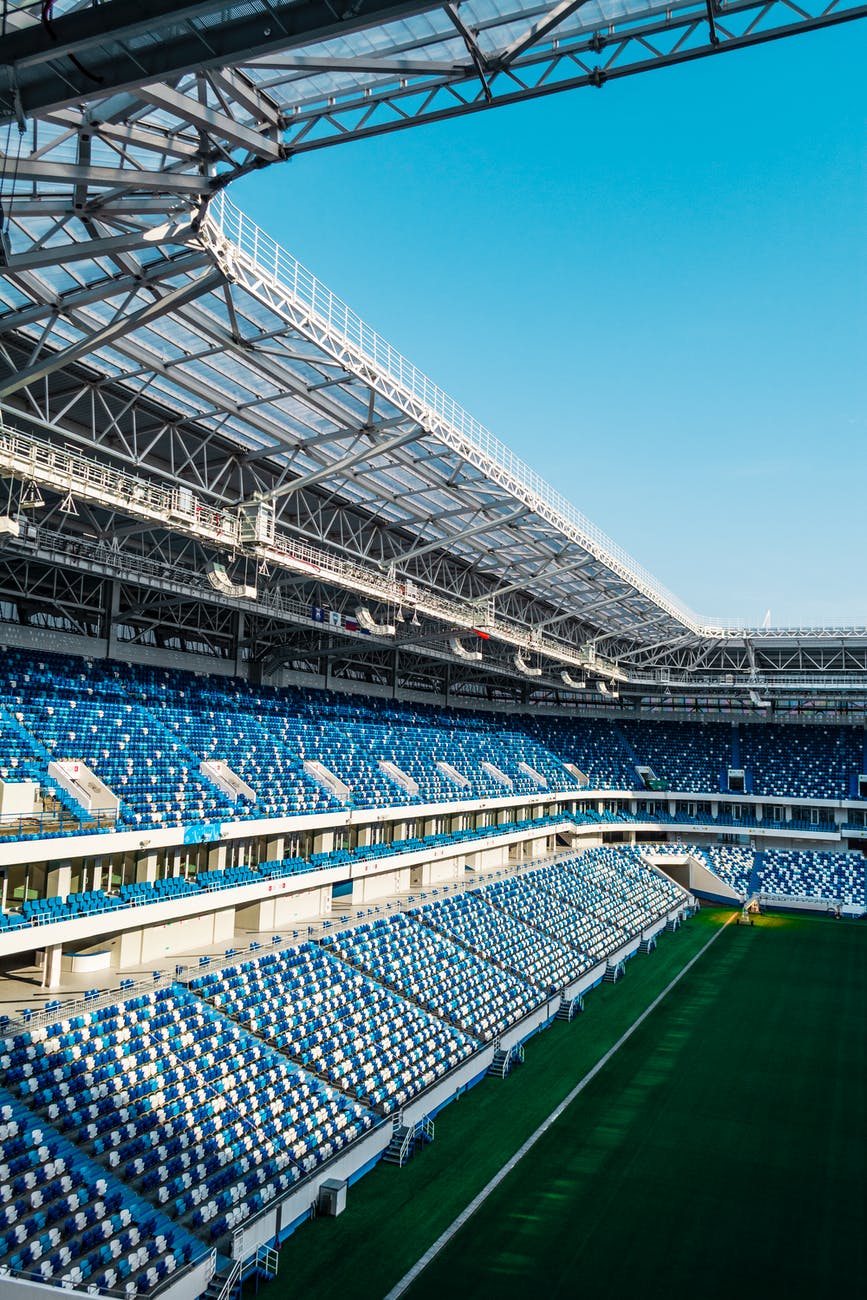
In the late 19th century, soccer was starting to gain popularity all across the world. Scotland and England played the first international match in 1872, with thousands showing up to watch a 0-0 draw. In 1888, the English Football League was founded. Nations nearby took notice, and soon founded their own clubs.
Greece was one of these nations, founding Panionios GSS in 1890. The club rose to prominence in the 20th century, reaching European competition and developing some of Greece’s finest players. However, things have since changed substantially for the club, who now find themselves in Greece’s third tier. But what exactly happened to Panionios?
History
Panionios GSS was founded in 1890 in the Ottoman Empire — specifically in Smyrna, now the Turkish city of Izmir. It started, as many clubs originally started, as a multi-sport club, known for their track and basketball teams in addition to their soccer.
In 1922, the end of the Greco-Turkish War lead to the Greeks leaving Smyrna and heading back to modern day Greece — bringing Panionios with them. The club ended up moving to Athens and the neighborhood of Nea Smyrni (New Smyrna).
In 1959, the Hellenic Football Federation founded the Alpha Ethniki, the first tier of Greek football. Panionios was chosen to be in the inaugural season, and the club quickly became one of Greece’s top teams. In 1970, they had their most successful season, finishing second in the league — just five points behind AEK Athens.
Their second place finish ensured Panionios advanced to the UEFA Cup the following season, where they stunned Atletico Madrid on away goals before being demolished by Ferencvaros. Panionios made appearances in Europe several times afterward, and, despite relegation in 1996, lifted the Kypello Elladas (Greek Cup) in 1998 for the second time.
Current
Since the turn of the century, Panionios have made three appearances in the UEFA Cup as well as one in the Intertoto Cup. In 2017, they finished in fifth, advancing to Europa League qualifiers where they lost to Maccabi Tel Aviv.
Behind the scenes, however, things were significantly worse. Panionios were struggling with massive amounts of debt, and soon started to sell their best players for discounted prices. In 2020, they had six points deducted, resulting in a last-placed finish and relegation. Or so they thought.
Because of their financial struggles, Panionios weren’t relegated to the second tier. Instead, they were sent to the fourth tier of Greek soccer. Essentially all of the club’s senior players left, replaced by teenagers from the academy and free transfers from the academies of local clubs like Olympiacos and AEK Athens.
The following season, Panionios finished in a promotion spot to the newly-formatted Greek Super League 2. However, they missed out on promotion because of their high debts. They did go from the fourth tier to the third, but that was because of the restructuring of the league, rather than earning promotion — which they narrowly missed last season.
Despite this, Panionios has maintained a loyal following as the fans have supported the club through difficult times. Right now, the club is third in their group but only trail the first-placed team by one point. To earn promotion, they need to top their group and then finish in the top four of the playoff round.
Notable Players
Over the years, many famous players have worn the Panionios kit, whether foreign or native.
Brentford goalkeeper Thomas Strakosha arrived at Panionios when he was 14 before joining Lazio, although he never made an appearance for the club. Serie A legend Álvaro Recoba had a stint with the club towards the end of his career, although it was riddled with injuries.
Greek veteran and Fulham villain Kostantinos Mitroglou spent a season on loan with the club from Olympiacos, who have historically poached many of the club’s top players. Greek internationals Andreas Samaris and Georgios Masouras all followed this route, while Anastasios Bakasetas joined cross-city rivals AEK Athens.
What Now?
Greek soccer is, in general, focusing on more ways to become sustainable. Recently, rules were passed to ensure homegrown and Greek players had to be in every matchday squad.
Panionios are now also turning to local talent and younger players as they attempt to earn promotion. Developing players is going to be way they return to the top flight: transfer income can help pay off debts while younger players have the potential to play a big role on the team.
If they stick to this model, Panionios has a great chance to once again become relevant in the world of Greek soccer. It’s what Greece’s oldest club deserves.
–
Image Courtesy of TB5050, Attribution, via Wikimedia Commons.
Don’t worry if your comment does not show up, all comments must be approved to reduce spam. I hope you enjoyed, and as always, keep watching soccer!




